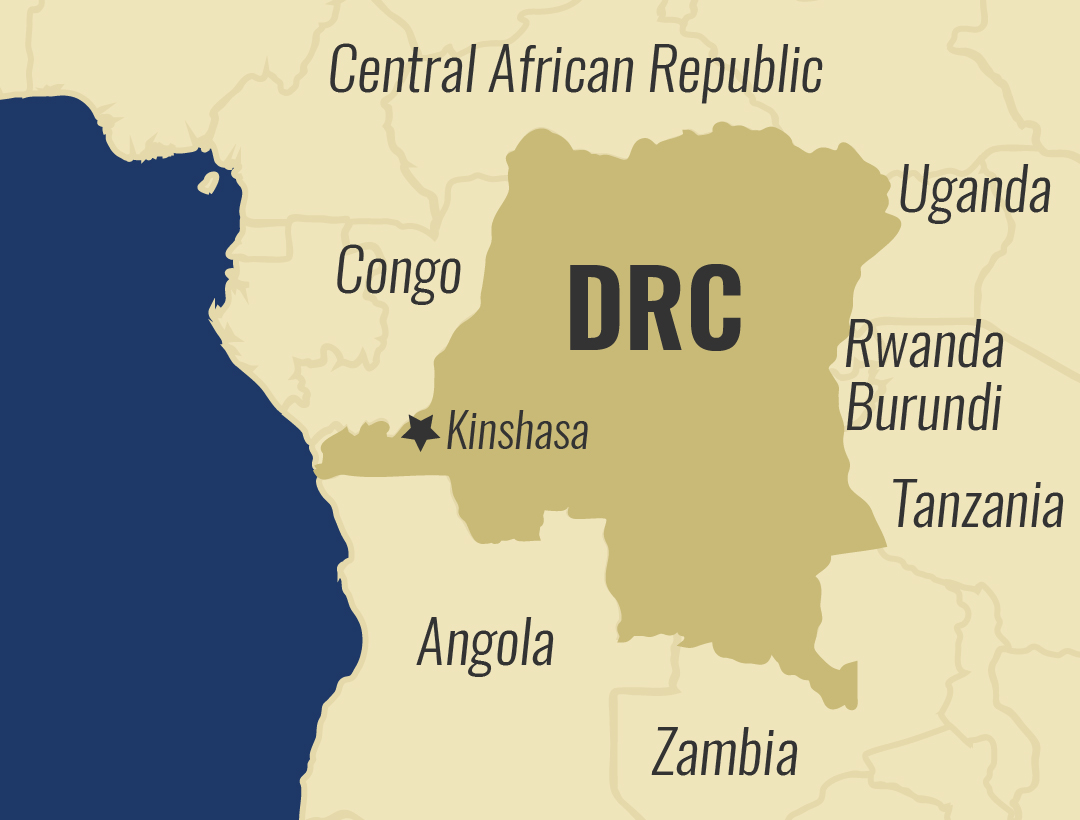Faces of Africa – Ocean Warriors, Part 2
In 2015, three million and seven hundred tourists both local and international visited Durban beaches in South Africa. The beaches have fifty-five permanent lifeguards who patrol the beachfront.

The equation of the lifeguards to bathers and swimmers is astounding but the lifeguards are very professional, agile and alert at all times in case of any eventualities. Sihle Xaba is the senior lifeguard at Battery beach. He has eighteen years of experience at the beachfront. Every year Sihle and the team of lifeguards take care of hundreds of emergency cases at the beach. In 2015, the group addressed seven thousand two hundred and forty eighty first aid cases and performed one thousand three hundred and sixty eight rescues from the ocean. Over the years, lifeguards have been males but last year a consideration to include females in the lifesaving mission was put in place. Penny Dlamini finished her training and was placed under the supervision of Sihle at the Battery beach.

“Since I started my training, I’ve seen myself improve a lot in swimming. My body has changed. It looks a bit like a man,” told Penny with a chuckle. For Penny to join Battery Beach on a permanent basis she needs to overcome her fear of waves.
“I have to face the fear and I have to conquer it,” Penny told.
Over the years the lifeguards have experienced emergency cases related to the swimmers and bathers, particularly those who are epileptic. But in 2015, Sihle experienced one of the worst cases when a woman washed up the beachfront unconscious.

Bahle, a student at Durban fell when she was hit by a first wave, and while trying to get up she was hit by a second wave and became unconscious. Her case was considered a near drowning. She stayed in hospital for four days and thankfully she did not get a neurological problem as the doctors had thought initially when she was taken to hospital unconscious and with seizures.
“I just want to thank the lifeguards for saving my life because I almost died. I thank God as well that he helped me,” told Bahle. It is such cases that make the lifeguards to be more alert on the beach.

“The majority of the swimmers at the Wedge cannot swim and it keeps us on our toes and makes our job really difficult having to control the crowds and make sure that no drownings do occur,” told Sihle.
As a result of this, the team encounters a group of swimmers who are not keen to adhere to the lifesaving rules. During the apartheid, the black community was segregated and many could not access the beaches. There were no swimming pools in schools and in their communities. Hence, many do not know how to swim but they opt to bath at the beaches.
Since the number is big, those that want to swim choose to go beyond the restricted area where it’s quieter and less crowded. But the lifeguards cannot allow that.

“They don’t understand that if they go and swim in the wrong areas and as much as they can swim, they can draw someone who cannot swim and that person is going to drown,” asserted Sihle. As the sun, the fun and the carnival festivities on the beaches came to a close at the end of 2015, the task of the guardians of the ocean bathers and swimmers never ends.
“The lifeguards did their job to the T! We will be here next year doing the same thing and carrying on as we do,” told Clint – Lifeguard coordinator.





